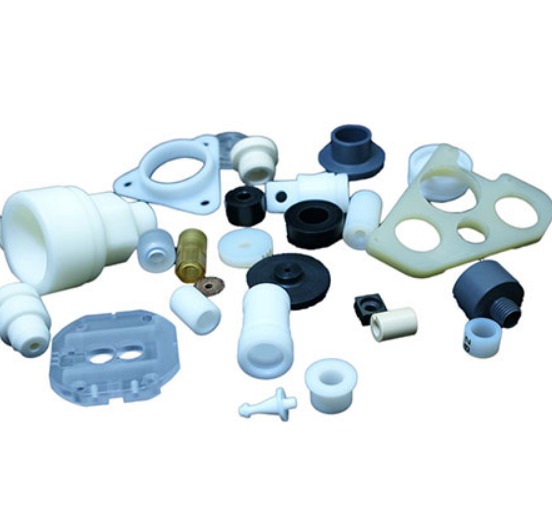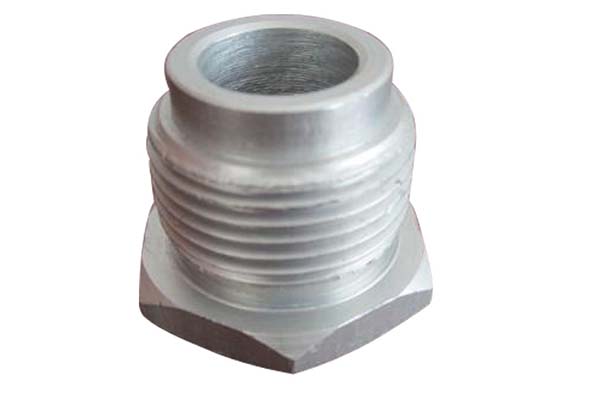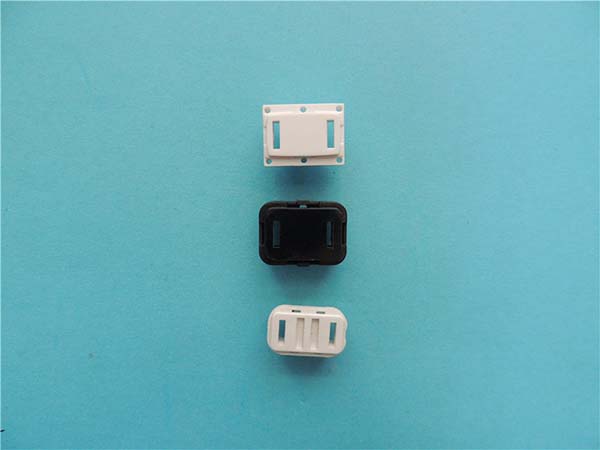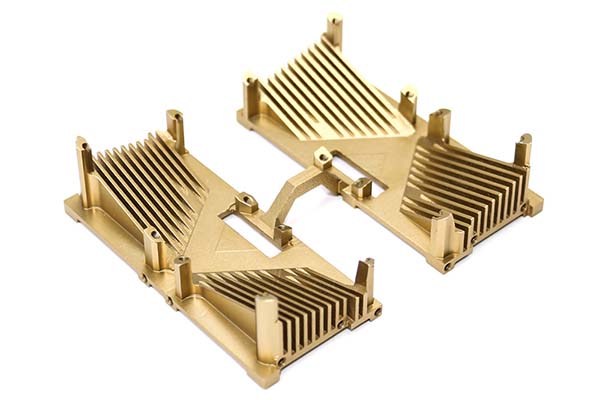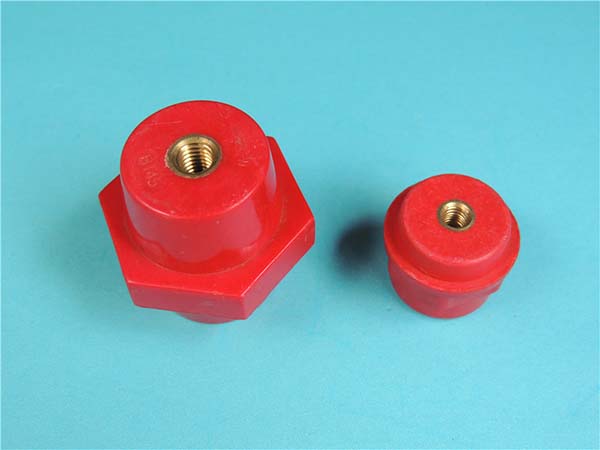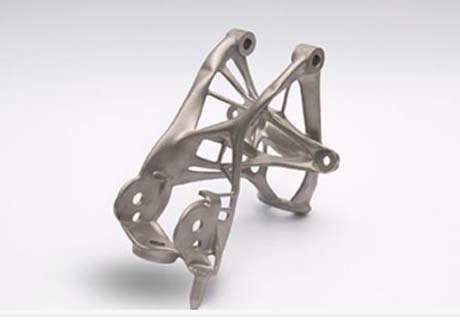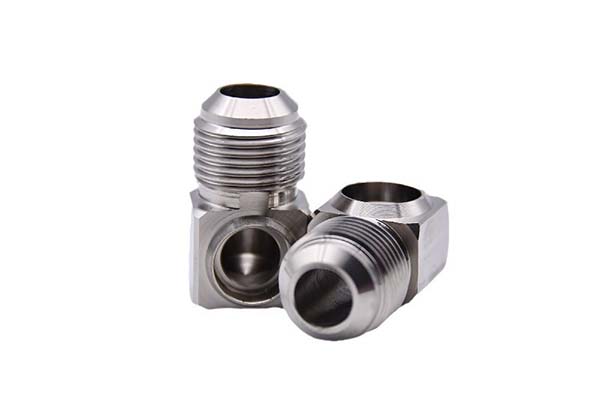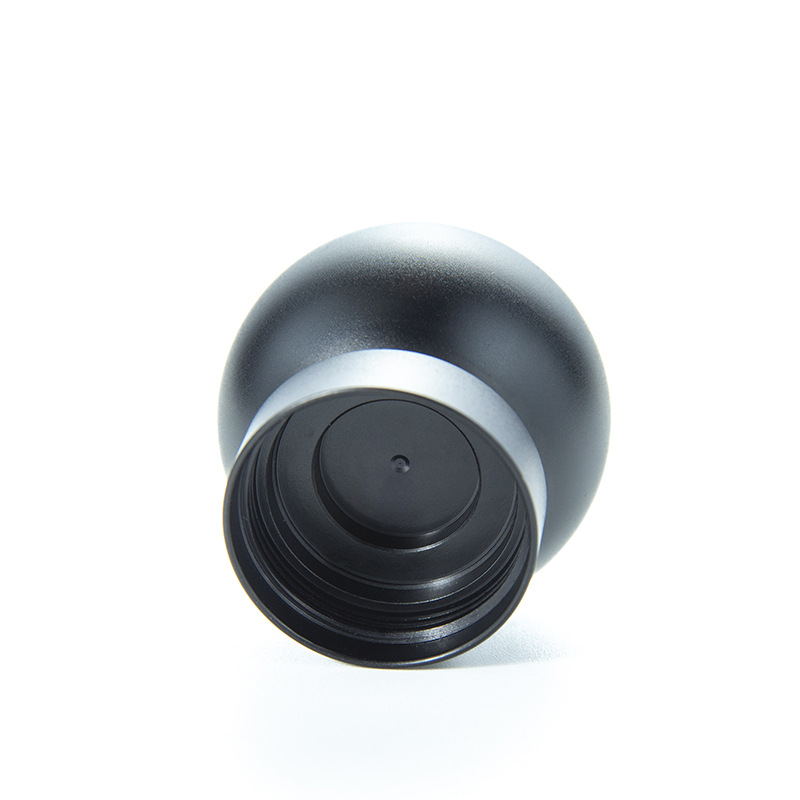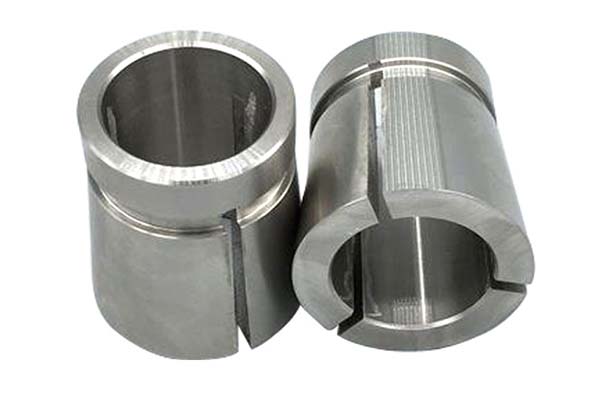Selecting the right partner for stainless steel CNC machining services is a critical decision that directly impacts the performance, cost, and longevity of your components. Stainless steel is prized for its corrosion resistance, strength, and aesthetic appeal, but its unique machining characteristics—work hardening, high cutting forces, and heat generation—demand specialized expertise. This guide is designed for engineers, procurement specialists, and product developers who need to navigate the complexities of precision stainless steel machining. We will explore optimal material grades, advanced tooling strategies, effective coolant management, and the realistic tolerances you can expect, empowering you to evaluate and collaborate effectively with machining service providers.
What are the advantages of stainless steel for CNC machining?
Choosing stainless steel for CNC machined parts offers a compelling set of benefits that justify its machining challenges:
- Superior Corrosion Resistance: The defining feature. The chromium content forms a passive oxide layer, making parts ideal for medical, marine, food processing, and chemical applications.
- High Strength and Durability: Offers excellent mechanical properties across a range of temperatures, suitable for structural components, valves, and fasteners.
- Hygienic and Easy-Clean Surface: The non-porous, smooth finish achievable through machining is perfect for applications requiring strict cleanliness, such as surgical instruments and food contact surfaces.
- Aesthetic Versatility: Can be finished to a high polish, satin brush, or bead blast, offering both functional and visual appeal for consumer and architectural components.
- Long-Term Value: Despite higher initial material and machining costs, its longevity and reduced maintenance often result in a lower total cost of ownership.
Which stainless steel grades are most machinable?
Machinability varies significantly across grades, primarily due to sulfur content and microstructure. Understanding this hierarchy is key to balancing performance and cost.
| Grade | Common Name | Key Characteristics | Machinability Rating (vs. 1212 Steel = 100%) | Best For Applications |
|---|---|---|---|---|
| 303 | "Free-Machining" Austenitic | Added sulfur for chip breaking. Good corrosion resistance. | ~80% | Shafts, fasteners, fittings where corrosion resistance is needed but not extreme. |
| 304 / 316 | Standard Austenitic | Excellent corrosion resistance (316 better for chemicals). | ~45% | Tanks, valves, marine hardware, food & pharmaceutical equipment. |
| 416 | Martensitic (Free-Machining) | Heat-treatable, magnetic. Added sulfur. | ~85% | Gears, valves, pump shafts where hardness is needed after heat treatment. |
| 17-4 PH | Precipitation-Hardening | Can be machined in solution-treated state (Condition A) then aged to high strength. | ~50% (in Condition A) | Aerospace fittings, high-strength shafts, nuclear components. |
| Duplex 2205 | Duplex (Austenitic-Ferritic) | High strength and excellent chloride resistance. | ~35% | Chemical processing, oil & gas, high-stress corrosive environments. |
Key Insight: For general-purpose corrosion-resistant parts, 303 offers the best machinability. For superior corrosion resistance, 304 or 316 are standards but require more skilled machining. Always specify the exact grade to your service provider.
How does tool selection impact surface finish?
Tool choice is the primary determinant of surface finish, tool life, and overall cost-effectiveness in stainless machining.
- Tool Material: Micro-grain carbide is the standard. For severe conditions or high-volume runs, coated carbides (AlTiN, TiAlN) or metal ceramic inserts improve heat resistance and wear.
- Geometry is Critical:
- Positive Rake Angles: Reduce cutting forces and prevent work hardening.
- Sharp Cutting Edges: Essential for clean shearing; dull tools rub and generate excessive heat.
- Chipbreaker Design: Proper geometry is vital to control the long, stringy chips typical of stainless steel, preventing re-cutting and tool damage.
- Tool Path Strategy: Climb milling (where the cutter advances with the direction of rotation) is generally preferred for stainless to produce a better finish and minimize work hardening.
Coolant strategies for work-hardening prevention
Stainless steel readily work-hardens when machined, especially if cutting parameters are poor. This creates a hard, abrasive surface that rapidly degrades tools. Coolant strategy is a primary defense.
- High-Pressure Flood Coolant: The most effective method. It serves three key functions:
- Removes Heat from the cutting zone to prevent thermal distortion of the part and tool.
- Lubricates to reduce cutting forces and friction.
- Evacuates Chips to prevent them from being re-cut into the workpiece, which work-hardens the surface.
- Coolant Type: Use a high-quality, heavy-duty synthetic or semi-synthetic coolant formulated for tough alloys. It must have excellent lubricity and rust inhibitors.
- Through-Tool Coolant: For deep hole drilling or milling, coolant delivered directly through the tool is invaluable for chip evacuation and heat management at the cutting edge.
Tolerance capabilities for precision parts
A proficient stainless steel CNC machining service can achieve high precision, but expectations must be grounded in material behavior.
- Standard Machining Tolerances: ±0.005 inches (±0.127 mm) is readily and economically achievable for most features.
- Precision Tolerances: With careful process design, ±0.001 inches (±0.025 mm) is consistently attainable for critical diameters and bore sizes.
- High-Precision Tolerances: In a controlled environment, tolerances of ±0.0005 inches (±0.0127 mm) or tighter are possible, but this requires exceptional machine tool rigidity, temperature control, and metrology.
- Critical Factor: The thermal expansion coefficient of stainless steel (approx. 17 µm/m·°C) must be considered for ultra-high-precision work; part temperature must be stabilized and measured.
Common applications across industries
The properties of machined stainless steel make it indispensable in demanding sectors:
- Medical & Surgical: ISO 13485 compliant machining of surgical instrument handles, implant trial components, and sterilization tray inserts. 316L is common for its biocompatibility.
- Aerospace & Defense: High-strength fittings, hydraulic manifold blocks, and sensor housings from grades like 17-4 PH, requiring AS9100 certification and often ITAR compliance.
- Food & Beverage: Valves, pump housings, and process fittings from 304 or 316, requiring smooth, crevice-free finishes for cleanability.
- Semiconductor: Ultra-clean, high-precision gas and fluid handling components for wafer fabrication equipment.
- Marine: Shafts, cleats, and hardware exposed to saltwater, typically machined from 316 for superior pitting resistance.
Conclusion
Leveraging stainless steel CNC machining services successfully requires a partnership with a provider that understands the material's science, not just its geometry. The ideal service combines metallurgical knowledge—selecting the right 303 vs. 316 grade—with proven technical strategies for tooling, coolant application, and thermal management to overcome work hardening and achieve precision. By understanding the machinability landscape, the critical role of tool geometry and coolant, and setting realistic tolerance expectations, you can ensure your stainless steel components are not just made, but engineered for performance, durability, and value in their intended application.
FAQ on Stainless Steel CNC Machining Services
What is the biggest mistake people make when machining stainless steel?
Using parameters and tools meant for mild steel. Running stainless at too-slow speeds and feeds with inappropriate tool geometry is a guaranteed path to rapid work hardening, tool failure, and poor surface finish. It requires higher rigidity, sharper tools, and more aggressive, controlled cuts.
Can you achieve a mirror polish on CNC machined stainless parts?
Yes, absolutely. It is a multi-step post-processing operation. After machining to a fine surface finish (e.g., Ra < 0.8 µm), the part undergoes progressive abrasive polishing, typically ending with a buffing stage using fine-grain compounds. This is common for architectural features and high-end consumer products.
How does the cost compare to machining aluminum?
Stainless steel machining is significantly more expensive per part. Reasons include: slower cutting speeds (increasing machine time), higher tool wear (increasing tooling cost), more expensive raw material, and often the need for more specialized expertise and equipment. Expect a 2x to 5x cost multiplier versus aluminum for a similar part.
What post-processing options are available?
Beyond polishing, common finishes include:
- Passivation: A chemical process to enhance the natural oxide layer, maximizing corrosion resistance (standard for medical and food grade).
- Electropolishing: An electrochemical process that removes a microscopic layer, smoothing the surface and improving cleanability.
- Bead/Sand Blasting: For a uniform matte finish.
- Heat Treatment (e.g., for 17-4 PH): To achieve specified hardness and strength.
How do I ensure my parts are made from certified material?
A reputable service provider will provide material certifications (Mill Certs) with each shipment, traceable to the heat/lot number of the raw stock. This is a non-negotiable requirement for regulated industries (medical, aerospace, nuclear) and a key indicator of a professional shop.
Contact Yigu technology for custom manufacturing.
At Yigu Technology, we specialize in providing high-performance stainless steel CNC machining services for the most demanding applications. Our expertise lies in selecting the optimal grade and machining strategy to balance corrosion resistance, strength, manufacturability, and cost. Equipped with rigid CNC machining centers, high-pressure coolant systems, and a deep understanding of tooling dynamics, we deliver precision stainless steel components that meet stringent tolerances and finish requirements.
From prototyping to production, we handle the complexities so you receive durable, reliable parts. Partner with us for your critical stainless steel machining needs.
Contact Yigu Technology today for a detailed consultation and quote on your project.
